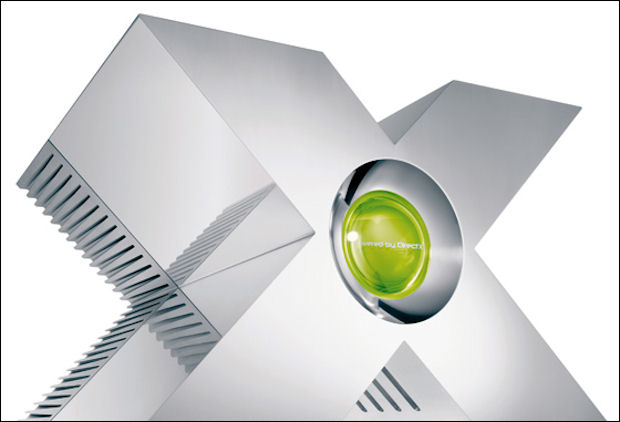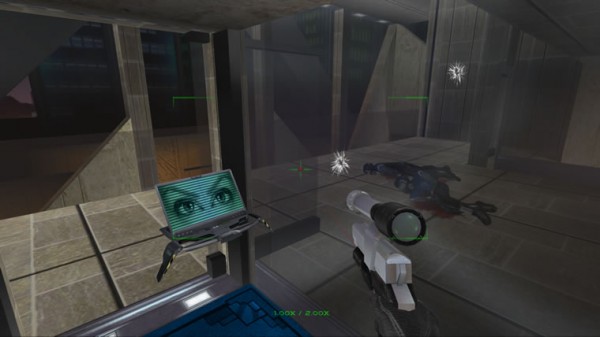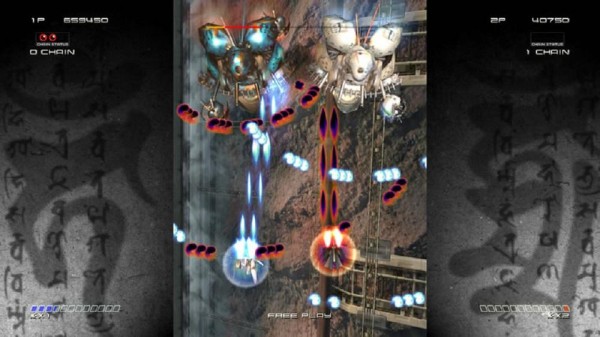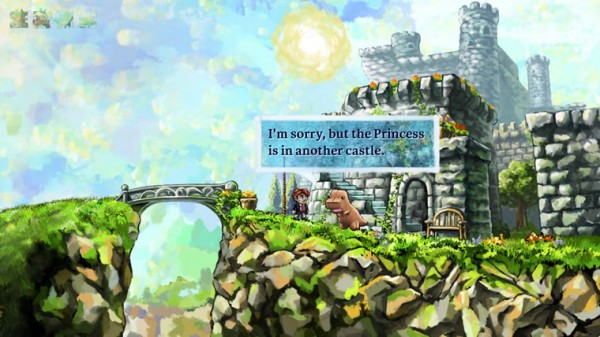Why the new Xbox needs XBLA
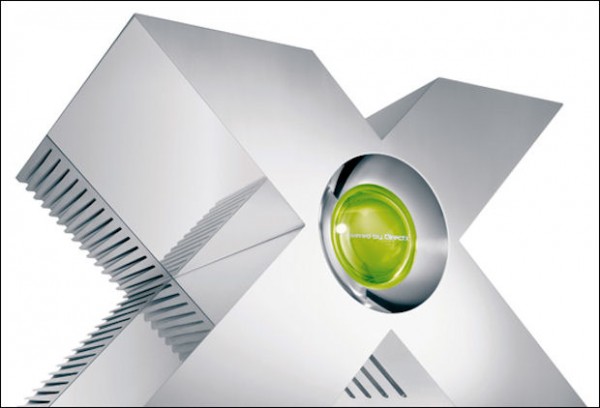
With E3 just around the corner and rumors of a new Xbox peeking out from under the bed, questions are popping up on whether or not the inevitable new generation of Xbox consoles will include backwards compatibility with the 360’s hundreds of Xbox Live Arcade titles. Will it happen, and does it have to happen for players to take the new system seriously?
The hardcore – Microsoft’s XBLA service has impressed the hardcore gamer with remakes and the introduction of new IP’s. How excited were we when a port of Ikaruga was announced for the service? How about Perfect Dark? Braid, anyone? These games are still relevant today, and to abandon them to a system that will be discontinued once the fresh hardware comes rolling in will be an incredible disservice to the importance of such games. Gamers were excited to revisit the universes of niche titles and eager to explore new ones, and they want to permanently possess these games — though digitally — without having to resort to an older console to play them. If Microsoft wants to continue to captivate every gamer demographic, efforts must be conducted to include backwards compatibility for all XBLA titles.
Transfer power – We’ve seen countless titles removed from XBLA because of expired licenses and defunct publishers losing the rights to a title, so concerns about the swift transfer of titles from one system to another are certainly appropriate. Titles that are still available on XBLA are assumed to be available on the next iteration of Xbox consoles because if Microsoft continues to dub XBLA just that, there’s no legal issue in question to feature the same titles on new hardware. XBLA can function in the same way that Nintendo’s DSi titles can be played on its new handheld system the 3DS: both purchasable and transferable to the new hardware. Consider the new Xbox as an upgraded PC that can access the same great titles on Valve’s Steam service.
A dusty road – The gaming press has criticized Nintendo’s 3DS because of a lack of titles at launch, and little is known about what titles will be featured for the launch of the new Xbox, so giving gamers the access to purchase titles previously released on the Xbox 360 would legitimize the purchase of the new system. That’s not to say great titles shouldn’t be released as soon as possible, but it would make every console’s dry spell less painful. In addition, new titles can be released on the service that are only accessible on the new system, giving more of an incentive to trust the new hardware.
What about retail? – To many, nothing compares to XBLA, but retail titles are just as important as their little cousins. If Sony’s PlayStation 3 can play both PS1 and PS2 titles (only certain models of PS3 have this feature) then there’s no excuse for Microsoft to not include backward compatibility to Xbox 360 retail titles. That means that some of gaming’s great titles like Red Dead Redemption and Bioshock can still be played.
Achievements – Many are worried about the status of achievements with the new hardware. In order to make this a non-issue gamertag profiles must remain the same. When a gamer plays with the new hardware for the first time, they will see their progress on Xbox 360 titles including achievements and overall gamerscore. Continue the same system, but add additional features for Xbox (720?) titles. Perhaps developers can reward gamers with badges that can be placed on an avatar, or super achievements that are glossy and special can differentiate one generation of games from the next. Microsoft has plenty of options here, and we are excited to see what they do.
Bottom line – XBLA has revolutionized the gaming scene, and for Microsoft to abandon it or reveal limited support for previously released titles on the service would enrage our fellow gamers and put a stake to the heart of a service we’ve all come to rely on every Wednesday. With an established following and an already impressive library of titles, Microsoft has no choice but to continue support of XBLA.

